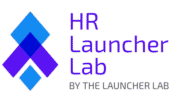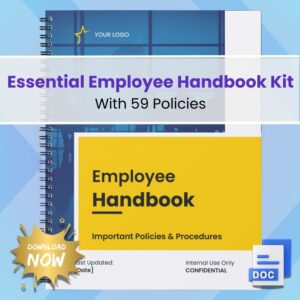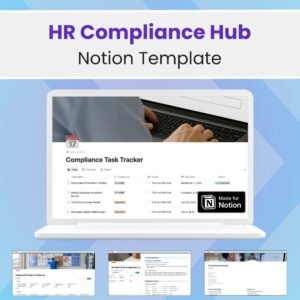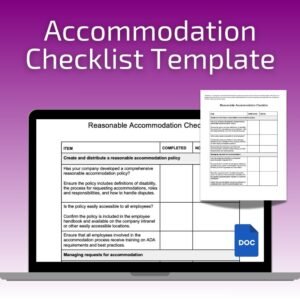Ensure Worry-Free HR Compliance
Managing HR compliance can be daunting for small and scaling businesses, especially with evolving labor laws and strict regulations. Without the right systems in place, your organization may face legal risks, financial penalties, and reduced employee trust.
Get the exact steps, forms, and tools to stay compliant without hiring an expensive consultant or wasting time on guesswork
Disclosure: This page may contain affiliate links, meaning we receive a commission if you decide to make a purchase through our links, at no cost to you.

Start Here: Your Compliance Roadmap
New to compliance? Follow these 3 steps:
1. Read: What Employment Laws Apply to Your Business?
Understand which federal and state laws you must follow based on your company size and locations. Use our verified directory of federal and state labor agencies to access official employer resources. This guide links directly to the U.S. Department of Labor, OSHA, IRS, EEOC, and every state Department of Labor.
⏱️ 12 min read 📚 Beginner-friendly
2. Download: Essential Compliance Forms and Templates
Get the must-have documents to stay compliant: employee handbook, I-9 forms, poster checklists, and required notices. Our government form library centralizes every official federal and state employer filing—from Form I-9 and W-4 to OSHA, EEO-1, and state unemployment reports.
3. Compare: Compliance Software and Services
Find the right tools and vendors to automate compliance tracking, training, and documentation.
Find Your Compliance Solution
Compare the best tools and services to stay compliant
HR Software & Systems
Automate compliance tracking, document management, and state-specific alerts
Labor Law Posters
Stay up to date with required federal and state labor law postings
Compliance Training
Harassment prevention, safety, and ethics courses for your team
PEO & HR Services
Outsource all HR and compliance to experienced professionals
Document Management
Secure storage with automated retention schedules and e-signatures
Leave Management
Track FMLA, state leave, and ADA accommodations in one place
Ethics Hotlines
Reduce risks, create a safe workplace, and lay the foundation for long-term success
Employer of Record Services
Onboard global talent without needing to establish a local entity
Workers’ Compensation
Partnering with reliable insurance carriers to protect your workers and meet compliance requirements
Ready-To-Use Compliance Templates
Skip the guesswork—get professional, HR expert-reviewed templates
-
Employee Handbook Kit – Essential Package
Original price was: $399.00.$299.00Current price is: $299.00. -
HR Compliance Hub (Notion Template)
$89.99 -
HR Policies Overview Presentation Template
$14.99 -
Workplace Investigation Report Template
$8.99 -
ADA Accommodation Checklist Template
$5.99
💡 Members receive FREE ACCESS to all templates + get exclusive access to custom consulting
Newest Compliance Guides
Find step-by-step guides for specific compliance needs
Employee Offboarding: How to Manage Voluntary and Involuntary Exits
WARN Act Requirements: What Small and Medium Businesses Need to Know
How to Plan for Layoffs: A Step-by-Step Guide for Small and Medium Businesses
Vendor Guide for Labor Law Posters: Staying Compliant Made Simple
The SMB’s Complete Guide to HR Compliance Training
Harassment Prevention Training: What to Know in 2026
Latest Compliance Insights & Updates
Stay ahead of changing regulations
The Eightfold AI Lawsuit: Why Companies Can’t Afford to Treat Recruiting AI as a Black Box
Should You Self-Report Wage Violations to DOL? What the PAID Program Actually Means for SMBs
California Employment Law Changes for 2026: What Employers Must Know
Need Help Now?
Book a 1-hour compliance consultation with a seasoned HR expert ($299/hr)
Become A Member
Unlock all compliance templates, and tools with membership






